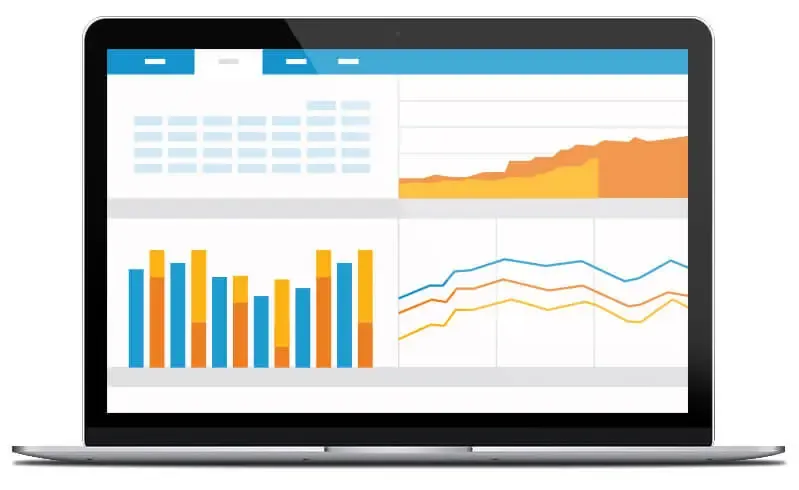Consider Your Digital Infrastructure in 2022
Written by: Tracy Dong, Principal Industry Consultant, IDeaS
 |
Tracy Dong |
Planning must be undertaken responsibly in 2022 in recognition that funding needs to be allocated carefully. Most hotels no longer have large budget pools to allocate across all areas of their business, but rather will need to focus on a few key areas where they can enhance revenue and deliver a return on investment.
Invest budget in areas that will deliver a return
Traditionally when looking to reposition a property and make it more attractive to potential customers, hoteliers would consider undertaking renovation work. A renovation offers the potential for more aggressive pricing, changed segmentation and should include a new forecast methodology as a result of the impact in relation to the hotel’s new market position and competitive set.To take full advantage of room renovations, hoteliers also need to look beyond trying to simply generate short-term positive guest feedback and consider if the renovation warrants a reclassification of room types. Often, this reconfiguration can create an entirely new room type and allows hoteliers to rethink their customer positioning. However, large-scale property renovations are extremely costly exercises at a time when capital may be harder to access then before. Hoteliers considering renovations need to ask if the investment into updating a property will deliver a return in an acceptable timeframe.
While maintaining the physical appearance of a property is important for guest satisfaction, a hotel’s digital infrastructure is just as critical in attracting the right guest, at the right time, for the right price and supporting long-term business recovery. When assessing a hotel’s technology stack, there is a need to understand what is actually important. A property management system (PMS) is a fundamental tool for hotels and an automated revenue management system (RMS) has become just as critical. And with the increases in productivity and profits an RMS can help deliver, these systems often provide a more immediate return on investment compared with longer term renovation projects.
Target higher rated business opportunities to support recovery
With or without the pandemic, revenue management’s ultimate goal is to price a room, or service, that will result in the most overall revenue and profitability. But to operate profitably, hotels need to accurately price a multitude of different rooms, through many different channels, across many different days, to many different types of guests. Compounding the challenges around hotel pricing is that the sheer volume of structured data being generated today is overwhelming.Hoteliers and their management teams must process far too many data points to analyse in real time. There are simply too many decisions to be made for any human to undertake this task accurately without the assistance of automated solutions. An advanced RMS uses data mining, machine learning and a variable deployment of complex predictive algorithm sets to calculate optimal pricing and inventory decisions for hotels.
It has never been truer that a full hotel doesn’t always equal a profitable hotel. Without revenue management technologies in place, hotels can easily fall into the trap of selling out to lower-rated business, thereby leaving money on the table from higher-rated business opportunities. To identify guests that offer the greatest long-term revenue potential to a property, hoteliers need revenue and pricing systems in place that take a holistic view of its guests’ activities, not just their room spend.
Data from transaction systems should be integrated to provide a true picture of a guest’s preferred activities and their overall value, considering all ancillary spend from online reservations to check-out, food service to spa services, guest rooms to gift shop, and more. In addition to making more profitable decisions, this data allows hoteliers to make more informed decisions about promotions, service offerings and inventory levels.
An RMS does not need high levels of demand to be effective
In response to the lower levels of occupancy experienced by the hotel sector following the COVID-19 pandemic, some in the industry have questioned the value of revenue management given the large-scale demand disruption. This assumption is false. Today’s sophisticated RMS solutions do not need high demand or historical data to optimise revenue. Modern revenue solutions optimally price all products (room types and rates), fold in cost/profitability and can do so automatically if needed. These advancements in technology help a hotel maximise revenues at times of heightened uncertainty. And the greater the level of uncertainty, the higher the need for sophisticated, accurate and relevant data to back up decisions.
Invest in your future
No one in the industry knows what the coming year will bring. But with the advancement of large-scale vaccination programs and the reopening of international travel being planned for some markets, there will be opportunities and rewards for those hotels who invest in the right digital infrastructure to support their recovery.For more information on how revenue management can support your hotels recovery, please visit: www.ideas.com
#hospitality #breakingnews #Tech #HotSolutions #Feature #IDeaS #RevenueManagement

